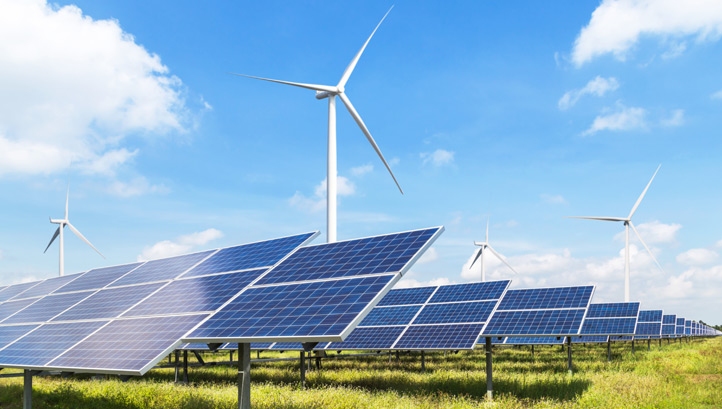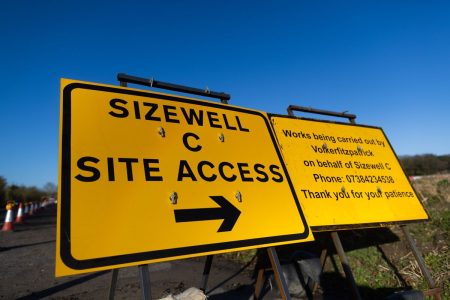
19 August 2014, Abuja – The Nigerian Electricity Regulatory Commission (NERC) has said that Nigeria’s Electricity Supply Industry (NESI) is not lacking in adequate technical regulation as implied by proponents of the Nigeria Electricity Management Services Authority (NEMSA) bill which is currently before the National Assembly.
The controversial NEMSA Bill seeks to convert the Electricity Management Services Plc into an authority that will be saddled with technical regulation of NESI; that responsibility is statutorily covered by NERC in the Electric Power Sector Reform Act (EPSR) 2005.
NERC’s declaration yesterday in Abuja comes on the heels of recent claims by advocates for NEMSA that the commission lacked the capacity to regulate technical operations in NESI, hence the need to have NEMSA to work side-by-side with it in regulating the sector.
If accented, NEMSA will work with NERC as a parallel regulator of Nigeria’s electricity market. The development has not gone down well with operators in the sector.
The Chairman of NERC, Dr. Sam Amadi, however said at the formal presentation of the commission’s health and safety code which is to be used by operators in NESI, that such claims of technical shortfall in NESI were untrue considering the number of technical regulations and codes it had developed to for the market.
Amadi explained that Nigeria’s emerging electricity market was not ready for such unhealthy development and that such are attempts to derail the regulator from its responsibilities to the sector.
He requested proponents of the NEMSA Bill to allow the electricity sector gain the much needed momentum to propel it to the next level of its development rather than seeking to destabilise it.
“The National Electric Power Policy (NEPP 2000) and EPSR 2005 which are the guiding spirit for the power sector reform unambiguously mandates the commission as the sole and independent technical and economic regulator of the NESI.
At this point, I must correct the wrong impression being created by some people that there is no effective technical regulation of the NESI,” Amadi said.
He further stated that: “This wicked misinformation is aimed at distracting the commission from its core mandates, causing disharmony and derailing the progress made in the power sector.
I would like to categorically state here that there is no gap whatsoever in technical regulation in the NESI as is being alleged. The commission has put in place several regulatory instruments to address technical and safety issues arising from across the electricity supply chain.”
The chairman equally stated that the transparency and independence of the regulator had earned the sector its inherent level of confidence, adding that: “It is this confidence that is boosting large inflow of local and foreign investors.”
While requesting for all the relevant stakeholders in NESI to roll up their sleeves to work, Amadi said: “It should be understood that the development of an effective and efficient electricity market that would provide safe, adequate, reliable and affordable electricity to Nigerians is hard work. It therefore requires commitment, competence, doggedness and focus.”
Speaking on extant technical regulations developed by it for the sector, Amadi said that apart from the just commissioned health and safety code which seeks to henceforth push for a zero accident rate in operations within NESI, the commission has also developed codes for operation of the grid and distribution networks as well as metering code, regulation on embedded generation and the soon to be launched Nigerian Electricity Supply and Installation Standards (NESIS) regulations.
NERC noted that the health and safety code was developed in collaboration with a renowned United States consulting firm, Princeton Energy Resources International (PERI), through a special grant from the United States Trade and Development Agency (USTDA).
– This Day



